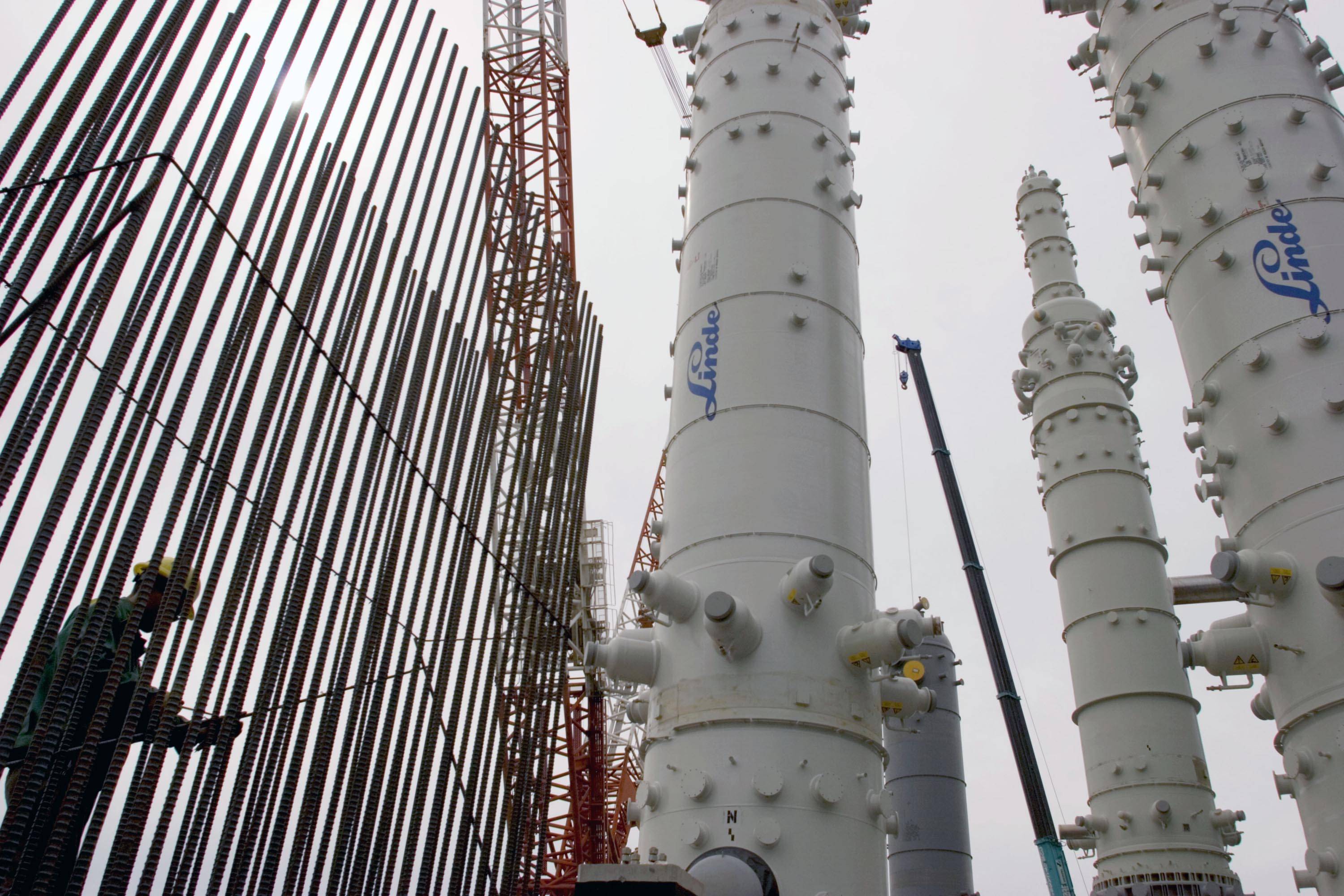Russia is asking customers of the Sakhalin-2 liquefied natural gas plant in the country’s far east to make payments through a Russian bank, as part of Russian President Vladimir Putin’s decree to create a new company for the project.
Project operator Sakhalin Energy Investment Company Ltd. has informed LNG buyers of required changes to their agreements, such as the name of the entity and its location, as well as a move to a Russian bank, according to people with direct knowledge of the matter. The terms of the contracts — the currency, volumes, prices and delivery locations — will remain intact, they said.
The red tape of switching could delay vital deliveries of the fuel just as the world is grappling with fuel shortages and soaring energy prices. Changing to a Russian bank may complicate the process as buyers check to make sure they aren’t overstepping any sanctions, the people said.


















With your current subscription plan you can comment on stories. However, before writing your first comment, please create a display name in the Profile section of your subscriber account page.